Stephen Finlay Archer
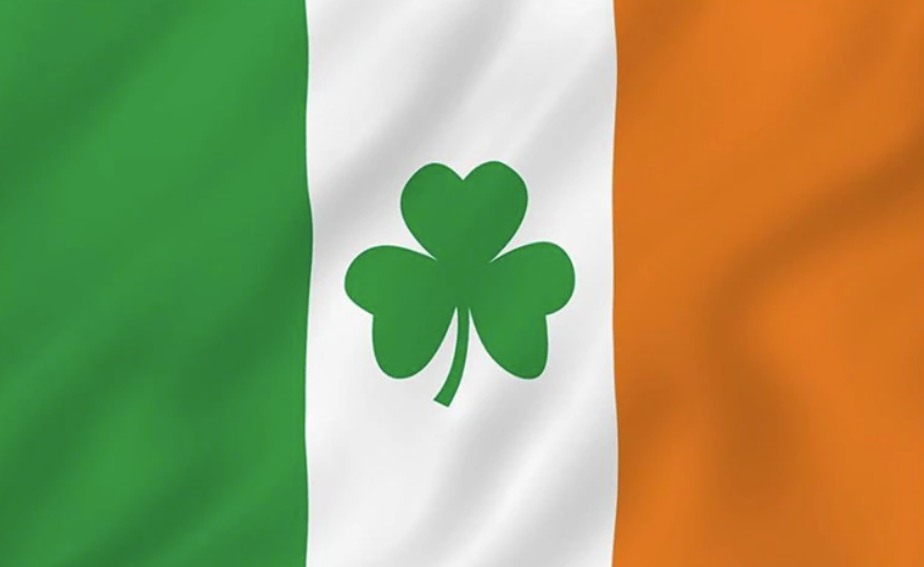
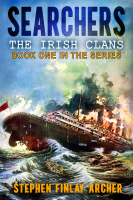



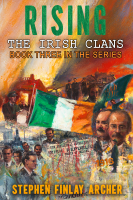

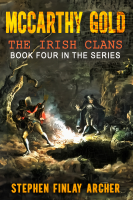

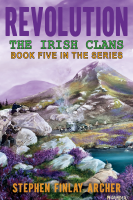

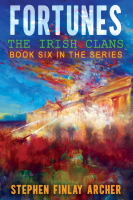

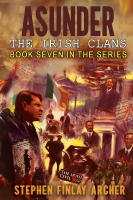

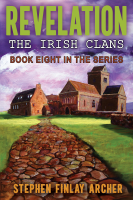

What Irish struggles preceded the Revolution? Who was involved?
Irish freedom fighters revolted on many occasions prior to the revolutionary period 1915 – 1923.
The Confederate Wars 1641 – 1653 took place with Confederate Catholic rebels of Gaelic Irish and old English fighting Protestant English Parliamentarians and Scottish Covenanters who were defying the Catholic King Charles II. Both sides used scorched earth, slash and burn tactics against their opponents starting with a massacre of Protestants in northern Ulster. In the end, a major army of English Parliamentarians who had recently deposed and executed Charles II, and led by the ruthless Oliver Cromwell, brutally suppressed the revolt, and regained control of Ireland.
In the 1688 Catholic King James II was overthrown as king of Great Britain by his Protestant daughter Mary and son-in-law William II from Holland in what was called the Glorious Revolution. James retreated to Catholic Ireland where he hoped to strengthen his army of Jacobites and retake the Kingdom. William landed a force and gained victory over James’s Irish army at the Battle of the Boyne in 1690. The resulting Treaty of Limerick gave some concessions to the suffering Catholic Irish, but later extension of the Penal Laws reversed these civic rights.
In the 1700s many of the English landowners who had confiscated Irish land lived in England and dominated the majority of Irish peasants basically as feudal serfs on what had been their own property. The Anglo-English landowners who lived in Ireland resented the domination of their island by the English and became known as Irish Nationalists. One of their spokesmen in the early 1700s was Jonathan Swift, the political satirist.
Spurred on by the success of the American Revolution against the British, and aided the French, the Nationalists rebelled in 1798 led by Theobald Wolfe Tone. The Dublin rebellion plan was intercepted and British forces quickly squashed the uprising there. There was rebellion in other counties like Wicklow in the south and Antrim in the north. Although the rebels had some early victories, eventually the British forces under John Pratt and Charles Cornwallis won the war.
Two months later, the French under General Humbert provided troops in County Mayo inflicting a major defeat to the British at Castlebar and set up a short-lived Irish Republic with Irish leaders. This lasted only twelve days in September before they were defeated by British forces. Wolfe Tone, himself approached County Donegal by sea in October with a larger French force, but this group of rebels was intercepted at sea and defeated. Wolfe Tone was captured and died in prison through suicide a month later. This rebellion caused Britain to enact the Act of Union in 1801 which consolidated the Irish and British parliaments. At this point only Protestants were allowed to hold office.
Sporadic fighting continued until the rebels were vanquished 1804 after Robert Emmett’s rebellion in 1803. All of these valiant attempts at rebellion were and are lauded by the Republicans who came after them, including the martyr leaders of the 1916 Easter Rising.
In the first half of the 1800s, politician Daniel O’Connell, called the Liberator, emerged as the Catholic champion of the poor Irish men and women. He helped secure Catholic emancipation in 1829 but failed to restore a separate Irish Parliament. In his last years he fought the British as the agrarian crisis of the Great Hunger swept through Ireland. Much later Michael Collins would say that O’Connell was a follower and not a leader of the people.
In the latter half of the 1800s, a radical Protestant landowner, Charles Parnell emerged as the political leader pushing for Irish Home Rule. He wanted Irish self-governance, but as a region within the United Kingdom. The northern Ireland Ulster Unionists and the British Parliament were against Home Rule.
Subsequent to, and as a result of the British oppression during the Great Hunger in the 1840s and 1850s on top of the atrocities that came before, national Fenian patriots such as Jeremiah O’Donovan Rossa, John Devoy and James Stephens emerged who founded separatist newspapers and the secret Irish Republican Brotherhood (IRB) dedicated to political and military overthrow of Britain in Ireland. They issued a proclamation of the Irish Republic and instigated the abortive Republican insurrection of 1867.
Some of these men were incarcerated and treated harshly in prison. Five of these men known as the Cuba 5 were released and exiled from Ireland to America in 1871 where they joined the Clan na Gael. See response to Irish from other countries sympathized and supported the conflict.
From the USA, Rossa personally organized dynamite attacks in London and other British cities in 1881 – 1885. As a result of his efforts and humble upbringing, he was considered the Irish people’s patriot.


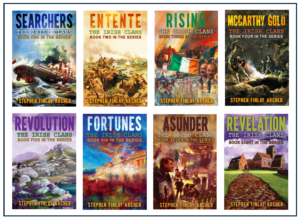
0 Comments